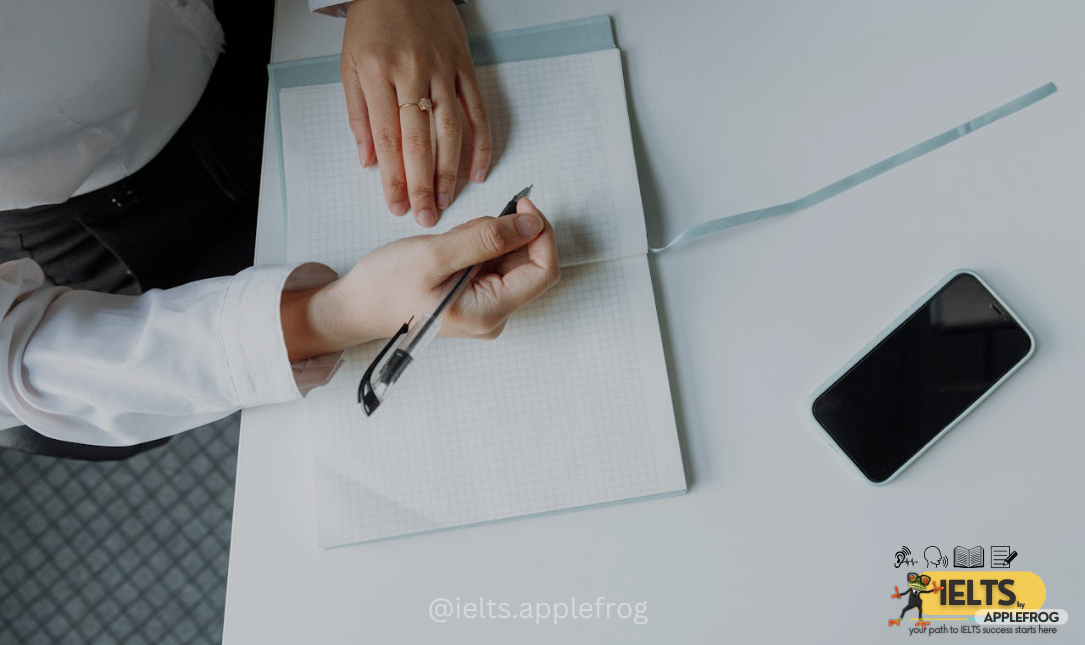
The IELTS Speaking module, common to both the Academic and General Training exams, is a face-to-face evaluation lasting 12 to 15 minutes. Conducted in three rounds, this test is designed to assess your spoken English skills comprehensively.
Among the four evaluation criteria, pronunciation holds significant weight, contributing 25% to your overall score. Misconceptions often arise, with many believing that good pronunciation equates to adopting a native accent. In reality, it’s about clarity and effective communication. The goal is to speak clearly, ensuring the examiner understands you effortlessly.
How to Improve Phonetics at Home
Before diving into improvement strategies, let’s clarify what phonetics entails. Phonetics is the study of speech sounds and their physical production. Understanding how to position your tongue, lips, and other speech organs can help you articulate words correctly. Here are some practical tips to enhance your pronunciation:
1. Practice with Tongue Twisters
Tongue twisters are amusing and challenging phrases that improve pronunciation. Commonly used by actors and speakers, these exercises can enhance your speaking pace and accuracy.
Examples:
- “She sells seashells by the seashore.”
- “Peter Piper picked a peck of pickled peppers.”
2. Repeat What You Hear
Listening to English content like podcasts, TV shows, and movies is essential, but repetition is key. Mimic the vowel sounds, consonants, and intonation to internalize correct pronunciation. This practice bridges the gap between understanding and speaking accurately.
3. Record and Review Your Speech
Recording your responses allows you to identify errors and refine your pronunciation. Compare your recordings to native speakers and use resources like YouTube or online dictionaries to learn correct pronunciations.
4. Leverage Online Dictionaries
Online dictionaries provide phonetic transcriptions, helping you understand how words sound. For instance, “male” and “mail” are spelled differently but sound alike. Use this feature to minimize confusion.
5. Explore the Howjsay Dictionary
The Howjsay dictionary offers high-quality audio pronunciations from native speakers. Simply type a word and listen to its correct pronunciation for better clarity.
6. Utilize the Sound of Speech
This method uses videos to demonstrate how speech organs should align for each sound. Watching and imitating these videos in front of a mirror can significantly enhance your articulation.
7. Use English Daily
Incorporating English into your daily life, even in casual conversations, improves fluency and confidence. Practice discussing your interests, hobbies, or daily activities in English.
Boost Your Band Score
Your fluency and pronunciation are critical factors in the IELTS Speaking test. Small, consistent efforts in improving your speaking skills can lead to a high band score. To gain structured guidance, enroll in our IELTS online classes and take a confident step toward your goal.











 Here can be your custom HTML or Shortcode
Here can be your custom HTML or Shortcode
0 Comments